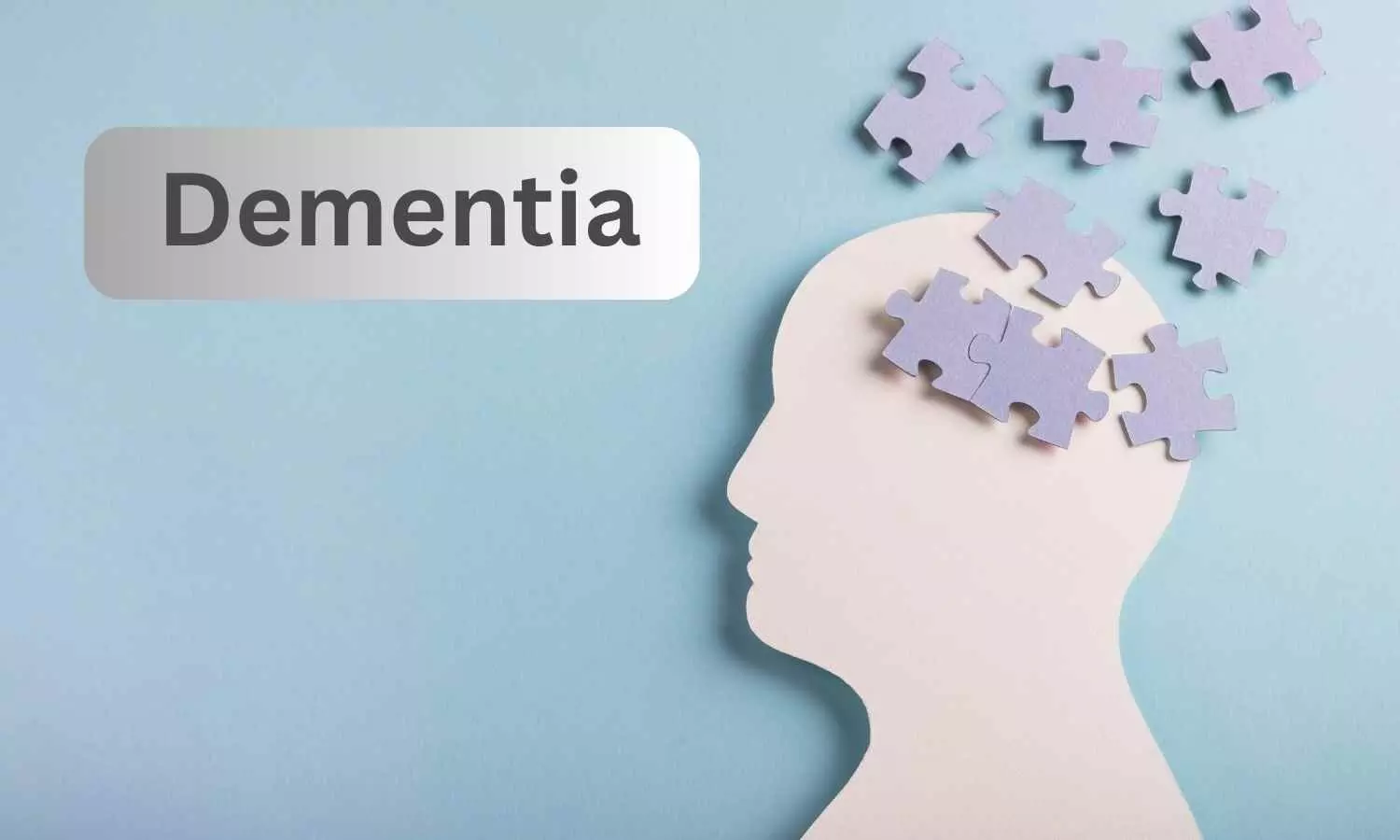Lonely people more susceptible to dementia and compromised cognition: Study

A recent study published in the journal of Nature Mental Health found that dementia from all causes was more likely to occur in people who are alone. One important risk factor for cognitive health is loneliness. Being lonely is not the same as being alone or isolated. Loneliness can occur when a person is socially connected and engages in social activities. It also possible to be socially isolated and genuinely love it. The Lancet Commission’s assessment of modifiable dementia risk factors includes both loneliness and isolation. Thus, to examine the relationship between loneliness and demetia, Martina Luchetti and colleagues integrated data from ongoing ageing research and the published literature in this study.
This meta-analysis evaluated the associations between loneliness and dementia of all causes in 608,561 participants aggregated over 21 samples, which comprised current aging cohort studies and published literature. 3 publications evaluated the risk for vascular dementia (489,467 people), while 5 articles evaluated the risk for Alzheimer’s disease (492,967 people). To examine cognitive impairment that was not dementia, this study examined 16 samples, comprising both published papers and ongoing investigations.
The findings of this study found a 31% increased risk of dementia overall was associated with loneliness. According to Luchetti and colleagues, loneliness was linked to vascular dementia and Alzheimer’s disease. It was also associated with non-dementia-related cognitive impairment. Even after adjusting for social isolation, depression, and/or other modifiable dementia risk factors, the relationships remained.
Overall, in the models that took into consideration depression, social isolation, or other modifiable risk factors, the meta-analytic effects for dementia and cognitive impairment were less but still substantial. Specifically, sadness and social isolation show up as potential mediating factors behind the relationships. Depressive symptomatology and loneliness are tightly linked, and this raises the risk of cognitive deterioration.
This study indicates that, even after accounting for depressive symptoms, loneliness has a relationship of its own with dementia. The outcome of this study observed that while treatments aimed at reducing depressive symptoms and social isolation may lessen loneliness and promote cognitive health, there may be additional processes at play. Other modifiable risk variables for dementia, such as hearing function and air pollution, were not included in the current analysis because they were not accessible in all trials.
Source:
Luchetti, M., Aschwanden, D., Sesker, A. A., Zhu, X., O’Súilleabháin, P. S., Stephan, Y., Terracciano, A., & Sutin, A. R. (2024). A meta-analysis of loneliness and risk of dementia using longitudinal data from >600,000 individuals. In Nature Mental Health. Springer Science and Business Media LLC. https://doi.org/10.1038/s44220-024-00328-9



